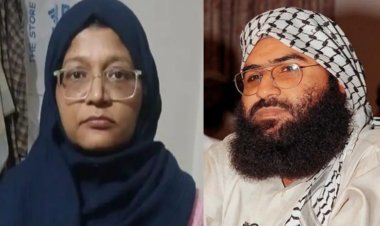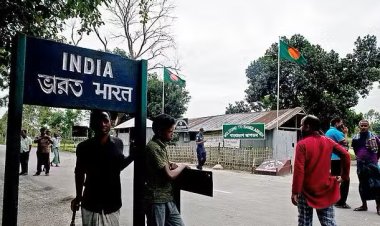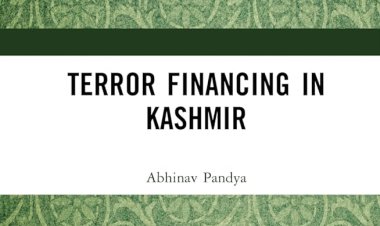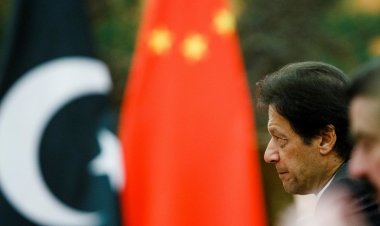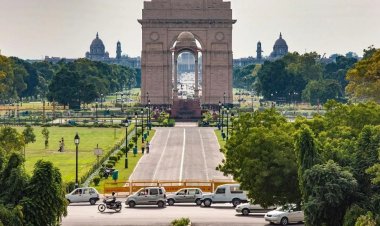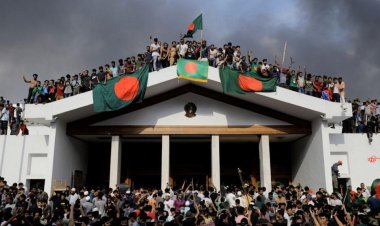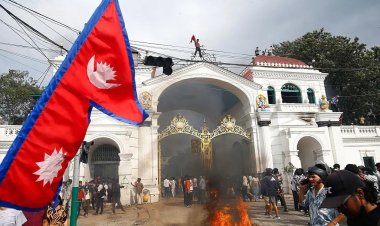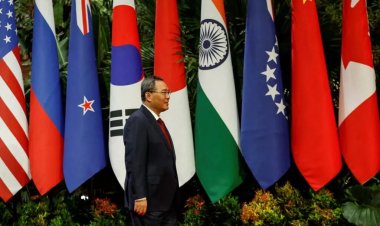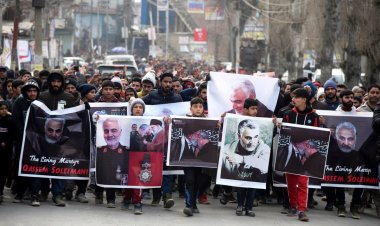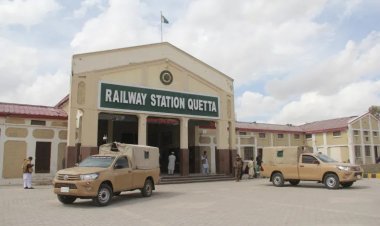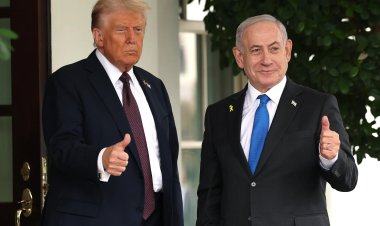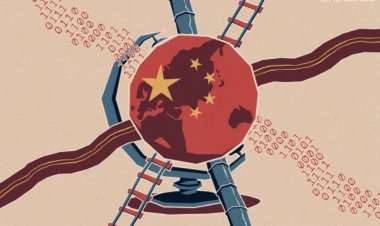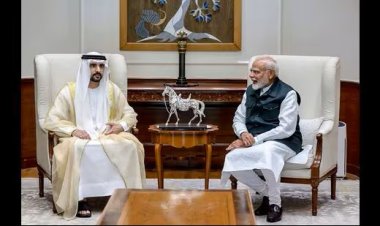The Return of Jamaat-e-Islami: Bangladesh’s Islamist Resurgence
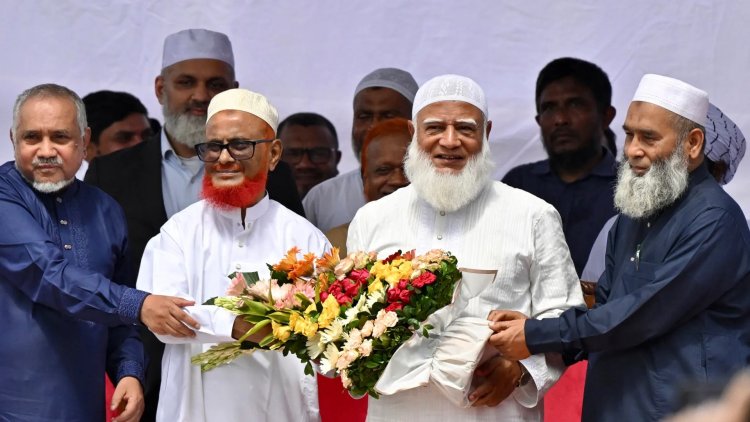
Analysis
By Preeti Khenta
The Jamaat-e-Islami Bangladesh (JIB) held one of its largest rallies in Dhaka after the Yunus-led interim government lifted the ban that had been imposed in Sheikh Hasina’s final days in office, marking a dramatic comeback for the Islamist organization. JIB is now preparing itself to contest the national elections tentatively scheduled for February 2026. This marks the new era of Bangladesh that is slipping deeper into an Islamist political current, which ultimately has far-reaching security concerns for the region, especially India.
Since Muhammad Yunus assumed the role of Chief Advisor to the interim government, he has warmed up to Pakistan, allegedly facilitating in roads by Pakistan’s supported terror and Islamist groups. Bangladesh has strategically shifted away from India as a result of the bonhomie with Pakistan. Strengthening of Pakistan-Bangladesh ties are amply evident in Muhammad Yunus meeting with Pakistan's Prime Minister, Shehbaz Sharif, and Field Marshal Asim Munir, leading to significant progress in trade, more relaxed visa regulations, and even joint military training initiatives between the two nations. In 2025, the Foreign Minister Ishaq Dar and General Sahir Shamshad Mirza, a high-ranking official in the Pakistani military, visited Bangladesh. These interactions with top military leaders and ISI members and their frequent visit to Bangladesh suggest a potential alliance with Islamist factions, which could jeopardize Bangladesh's relationship with India. The country is facing significant challenges due to a powerful Islamist movement and an increasing wave of Islamist militancy following the ousting of Sheikh Hasina. There is also a growing connection between Pakistan’s intelligence agencies and Jamaat-e-Islami Bangladesh, revealing a deeply entrenched Islamist ecosystem that transcends borders. Over the decades, Pakistan’s ISI has used Jamaat-e-Islami Bangladesh as a conduit to maintain influence in Dhaka and to fund radical Islamist operations. The Jamaat’s student wing, Islami Chhatra Shabir, has been frequently accused of violence and extremist recruitment and often coordinates with Jamaat-e-Islami Pakistan and Lashkar-e-Taiba (LeT). During a rally in Gujranwala, Pakistan, on May 28, 2025, the U.S.-designated terrorist Muzammil Iqbal Hashmi, affiliated with Lashkar-e-Taiba, claimed that LeT collaborated with the student wing of Jamaat-e-Islami Bangladesh to incite campus unrest and political turmoil in Bangladesh, which ultimately resulted in the toppling of Sheikh Hasina’s government.
Jamaat’s Economic Network
Another major factor is that Jamaat-e-Islami Bangladesh wields an economic power which enables it to act as a parallel state and an economy within the economy. In 2024 audit reports submitted to the Election Commission, the Bangladesh Jamaat-e-Islami recorded the highest income among 29 registered political parties. According to the submitted statement, Jamaat-e-Islami Bangladesh earned Taka 28.97 Crore and spent Taka 23.73 Crore while the BNP earned an income of 15.65 crore and an expenditure of Taka 4.80 crore and Jatiyo party recorded an income of Taka 2.64 crore and an expenditure of Taka 1.79 Crore, making Jamaat-e-Islami Bangladesh surpass both BNP and Jatiyo Party.
The main source of Jamaat income is the donations received from individuals and organizations. The Criminal Investigation Department (CID) of Bangladesh has revealed that between 2007 and 2018, a total of 620 million Taka in foreign donations was deposited into the account of the Bangladeshi Chashi Kalyan Samity. These funds were not exclusively allocated for social welfare or religious activities; rather, they were also used to promote militancy and Islamic radicalism. It was noted that Mostaq Ahmed Khan, a former senator of Jamaat-e-Islami, managed to bring in money from a religious extremist group in Turkey. This funding was allegedly utilized to spread militancy and finance terrorism in Baniachong Upazila of Habiganj from 2012 to 2016.
The former Bangladesh Culture Minister Asaduzzaman Nur had already implied the involvement of Islamic fundamentalism behind the collection of huge funds from mosques and Bangladeshi establishments in London. However, these fundamentalists perhaps do not even need this donation, as nearly 10 percent of Jamaat’s annual profit in Bangladesh goes towards funding the party’s political activities, which can sustain up to 60,000 cadres. The flow of money is expected to persist, as the Jamaat-controlled economy is already showing a growth rate of 9 percent per annum, surpassing the mainstream growth figure of 6 percent. Jamaat’s principal financial arm is Islami Bank of Bangladesh Ltd. (IBBL), which was founded by Faud Abdullah Al-Khatib, the Saudi Arabian Ambassador to Bangladesh, in 1975. Notably, Mir Quasem Ali, a central executive committee member who was executed in 2016, was the former IBBL director. His involvement highlights that Jamaat-e-Islami was the beneficiary of all the Illegal acts of IBBL. IBBL is linked to powerful institutions of the Islamic World, among them is Al Razee Bank of Saudi Arabia. It is ranked as the third largest bank in South Asia, with 60 percent of its shares held by Saudi individuals and institutions, along with additional holdings from Kuwait, the UAE and Qatar.
JeI’s penetration into Bangladesh's political economy is astounding. In addition to the Islami Bank Bangladesh Limited (IBBL), Jamaat-e-Islami controls 14 other banks that primarily operate in rural areas. This situation highlights the reality of the JIB-led Islamic fundamentalist bloc in Bangladesh. The rising influence of Jamaat-e-Islami can be credited to several factors, such as governance failures, socio-economic disparities, and opportunistic political strategies that have allowed religious fundamentalism to take hold within the state and society. Rampant corruption, weak institutions, and ineffective governance have resulted in public disillusionment, creating fertile ground for Jamaat to take advantage of grievances through its extensive networks of financial, educational, and welfare institutions. Although Sheikh Hasina's government experienced a period of economic growth, it was marred by high youth unemployment and jobless growth, along with increasing inequality—especially between urban and rural populations—which further stoked socio-political frustration.
The Socio-Political Nexus
Politically, both the BNP and the Awami League have forged electoral alliances with Islamic parties to appease the orthodox Muslims, thereby legitimizing their ideologies with mainstream politics. As a consequence, Jamaat-e-Islami Bangladesh has eventually entered into mainstream politics through its proxies, Islamic political parties, despite being banned by Sheikh Hasina’s government. A crucial driver of the popularity of Jamaat among the youth is the rapid expansion and Islamization of the education system, particularly through the proliferation of the Qawmi madrasas, which is an autonomous Islamic seminary that operate beyond state regulation, not only imparting Islamic teachings but also modern subjects, enabling graduates to enter the workforce while remaining ideologically influenced by religious conservatism. The conservative mindset among the youth has been further cemented by the de-secularization of the curriculum, which is characterized by the removal of non-Muslim authors and the promotion of Islamic attire. Furthermore, social media has played a vital role in amplifying Islamist narratives and weaving them into the fabric of public discourse. Together, these economic, political, and educational changes have allowed the Jamaat to bolster its position as a powerful socio-political player in Bangladesh, contributing to the spread of Islamic extremism within society.
A Nation on the Edge
Bangladesh’s evolving political climate has significant implications for regional security, especially concerning India. This change facilitates the emergence of extremist ideologies and cross-border terrorism, as well as raises critical concerns regarding the security situation along India’s northeastern border. As regional security continues to shift, Bangladesh is facing increasing destabilization due to the consolidation of Islamist power. Thus, the country faces a pivotal decision: maintain its pluralistic democratic identity or foster the Jamaat-e-Islami’s religious radicalism, with implications for both South Asia and the global.
Disclaimer: This paper is the author’s individual scholastic contribution and does not necessarily reflect the organisation’s viewpoint.

